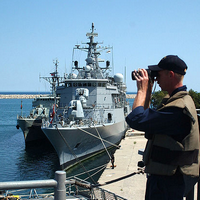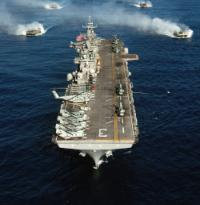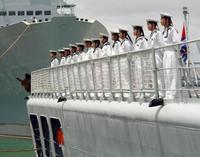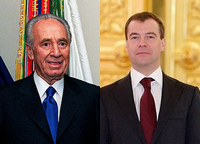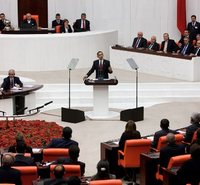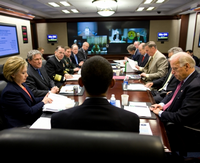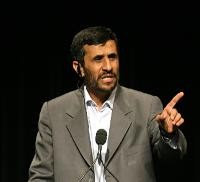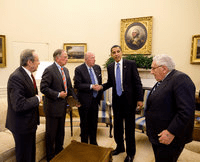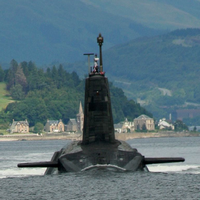
When George Osborne, Britain’s new chancellor of the exchequer, recentlyannounced that the Ministry of Defense (MoD) must now pay for the modernization of the Trident submarine-based nuclear deterrent out of its own day-to-day budget, it marked a stark change from previous policy, by which the Treasury has traditionally footed the bill for nuclear weapons development. Though the plans are not new, the announcement caused a public row between Defense Secretary Liam Fox and Osborne. Fox has warned that with the MoD’s budget already in tatters, it will be impossible to maintain the MoD’s other capabilities if it has to meet […]

